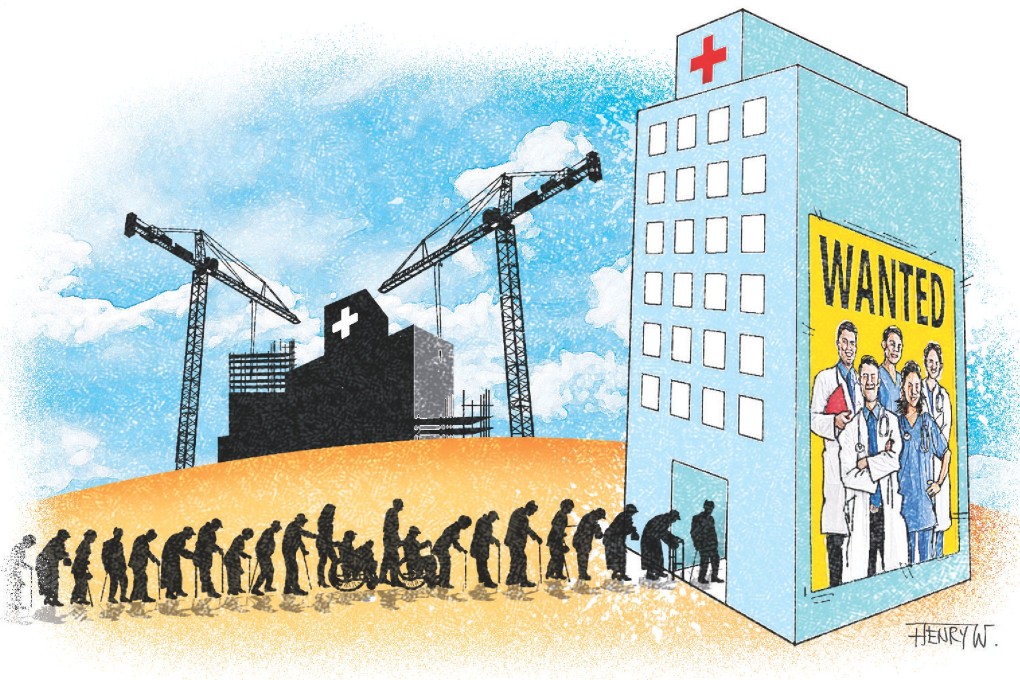Shifting forces of supply and demand test Asia's health care systems
Steven Yeo says changing demographics and levels of affluence across Asia are presenting governments with the challenge of providing equitable health care amid a talent crunch

History and geography, along with growing affluence and geopolitical significance, are combining to make the Asian market one of vast social, economic and political diversity. The region is disparate both in population and in the evolution of its various health systems. However, the majority of Asian nations have been proactive in their approach to regional health challenges such as accessibility, cost and quality.
A growing population of educated and affluent consumers is placing demands on health care systems.
Asia is facing a "silver tsunami", a rapidly ageing population. For example, it has been predicted that more than 30 per cent of China's population will be over 60 years of age by 2050. And based on the UN's 2006 report on world population prospects, Singapore will be the world's second-oldest country by 2030, with 27.4 per cent of its population above the age of 65.
In response, a massive build-up in health care infrastructure will increase access for millions as ambitious plans to develop and expand public and private facilities are undertaken across the region.
In a sense, starting new construction projects is relatively easy, with many stakeholders to share the blame or make accusations if difficulties and delays arise. Staffing ratios, payment incentives and patient mix, in comparison, will be more difficult to manage.
The information technology sector offers insights into the challenges ahead. IT is becoming even more crucial in health care as a means of adapting to the manpower shortages, particularly in patient care. Consequently, the demand for experienced IT professionals, trained and familiar with health care informatics, is rising. And so is the need for data analysts, data scientists, functional analysts, IT security experts, enterprise architects, technology managers, database experts, procurement officers and interface specialists.
From being a problem for rich countries like the US and Canada, medical inflation has become a global concern. According to Towers Watson's 2014 Global Medical Trends Survey report, average costs rose 7.9 per cent in 2013. It says that the rising medical trend "continues across the globe, and insurers see no end in sight".